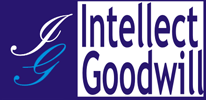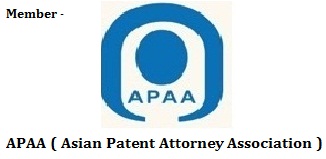
Is Computer programming is patentable in India ?
This question is frequently coming from the end of developers of software that Computer programming is patentable in India ? because in several other countries already given the right of Patent to software also . On February 19, India’s patent office wisely answered this question in denial, putting an end to months of ambiguity over the patentability of computer programmes. In this process, the patent office, called the Office of the Controller General of Patents, Designs & Trade Marks, effectively reversed an August 2015 guideline that had triggered the ambiguity in the first place. Till that guideline came, India’s stance on this issue had been clear through a 2002 amendment to the Patents Act:
that software per se was not to qualify for patent protection. However, lawmakers also recognized that the intention must not be to reject inventions involving software that “may include certain other things, ancillary thereto or developed thereon”. Experts have interpreted this exception to refer to innovations in both software and hardware. The 2015 guideline threatened to unsettle that nuance. According to that, technical advancements could be sufficient grounds on which to confer patents. Its nullification is welcome as such rules, though seemingly on the side of innovation, do not enable a level playing ground. For starters, the share of patents held by Indians has traditionally been low, and it continues to be so. Also, the field of software is dominated by corporate giants with deep pockets and significant expertise, and they can easily ‘out-patent’ the others out of business. The smaller companies and start-up.
The office just said to issue 3 stage test to examine applications of computer-related inventions. Step-1 – is to interpret the claim. Once that is done, step -2 is to deny the claim in case the “contribution lies only in mathematical model, business method or algorithm”. Step-3 is to assess if the invention is claimed in the field of software in conjunction with a novel hardware. The important point to note is the recognition that software in itself is never patentable. This is a prudent stance, because there are inherent problems in figuring out if software is patentable or not. And this is true the world over. Germany and New Zealand exclude software from patentability. In many other parts of the world, the positions are nuanced, like the one taken by the European Patent Convention, which does not entertain applications when they pertain to computer programmes as such, but it does have an open mind when they lead to “non-obvious” contributions. In the U.S., a more open policy has led to a flood of patents, and consequently the negative connotation that the term ‘patent thicket’ carries now. There is a more important reason for holding back software from a patents regime.


